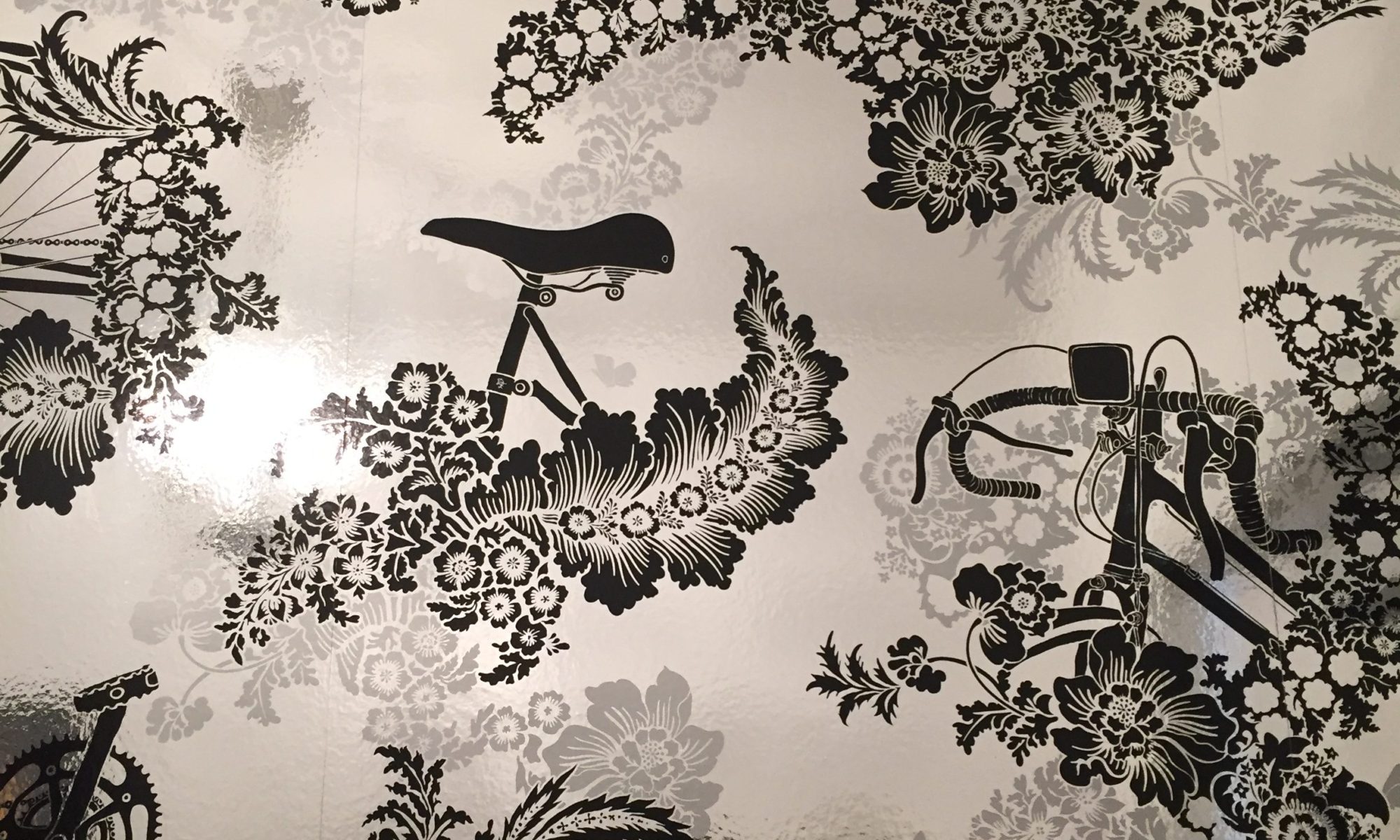Apropos to this Fall Arts & Dining Issue, I had a performance experience this week. I gave an hour-and-a-half-long presentation to a group of people in the International Visitor Leadership Program sponsored by the State Department. The topic was the importance of GLBT-focused media within the greater context of human and civil rights for the GLBT community. The participants came from 24 countries with backgrounds in activism, law, health organizations, and media. It was challenging and so very wonderful.
It felt rather similar to when I would act in high school, or deliver a monologue at a speech competition or a closing argument in mock trial. Except I wasn’t acting; I was myself, twenty years older. I was representing our magazine. I was talking about this community. I was giving, what I hoped, would be an objective version of the story of the human and civil rights of the rainbow community in Minnesota. I didn’t know it, but I would have to delve into the history of our Civil Rights Act and give a little primer on grassroots organizing. Doorknocking. Having conversations. I would give a quick lesson on the various ways working for equality has gone — both here in Minnesota as well as in the United States — between fighting in court, at the ballot box, and in the legislature. It would be a fantastic exercise. And it would be humbling.
I asked the participants to introduce themselves, to tell me where they’re from and what their role or occupation is that made this trip relevant to them. The countries that were represented are diverse: Armenia, Bangladesh, Belize, Chile, Greece, Indonesia, Ireland, Jamaica, Kenya, Lebanon, Malaysia, Namibia, Netherlands, Nigeria, Pakistan, Poland, Portugal, South Africa, Taiwan, Tanzania, Trinidad and Tobago, Turkey, Uganda, and United Kingdom.
Take a look at that list. I couldn’t recall off the top of my head what the laws and conditions are for the GLBTQIA+ people in each country, but, of course, a few stood out as being potentially deadly and dangerous. After listening to their backgrounds and concerns, I revamped what I would say into four parts that I wrote on the whiteboard: Lavender, Minnesota, Media, and Activism. I had my new conceptual script and I was ready to tell the stories. As I walked through those points, it was clear that each one had distinct history that contributes to how and why we are able to do what we do both at Lavender and in our community and organizations.
And, when it came time for questions, it was ever-the-more clear that we have it so good here. It’s one thing to know that the United States is, with all of its problems, the land of the free and the home of the brave. Patriotism isn’t always ironic or tongue-in-cheek or over-the-top as it tends to be presented. And each of those individuals that was in front of me is brave, in as diverse of ways as each person and country is different. From lands that aren’t of the free, yet are still homes of the brave.
I learned much from their questions. Here is a sample of them, paraphrased:
In my country, the only gay magazine only has pictures of partying on the cover, which is giving the people the wrong picture of what it is to be gay. Do you face similar problems?
What do you do about the deaths and suicides? In Greece, we tend to focus too much on them. I worry that we glorify them.
Our publication only gets about four advertisers in each bimonthly issue in Poland. How do you get advertisers and how do you get people to not hang up on you when you call?
How do you handle all of the hate speech comments? In Portugal, we collect them and submit them as evidence.
How is your publication committed to activism?
I answered the questions with both facts and opinions. I tried to give marketing advice while also calling out how delicate things can be and validating their frustrations and fears. The question about how our publication is committed to activism was one that I ask myself often. It was posed by a lawyer from Uganda. He is someone who is currently worrying about someone from home who has disappeared or has been taken by the militia or unregulated “security apparatuses.” It is odd for me to answer his question about if Lavender is still in activism when it’s not the obvious, fight-for-life kind of activism. But, Lavender has stood as an example of who this community is, that it exists, and what it is capable of, in addition to getting political when it’s had to. And, until every other magazine covers every one of the topics we do, we remain, by definition, an activist magazine.
The world may be a stage, but these are more than roles. They are more than actors.
They are living their history. They are the storytellers. They are the future of their countries’ stories.
And I hope they get to tell victorious stories like the ones I got to tell them. Someday soon.
With you, with them, with us,
Andy
